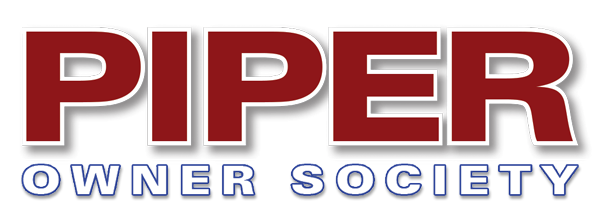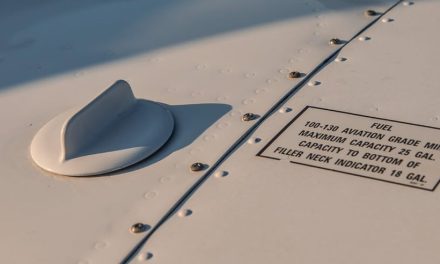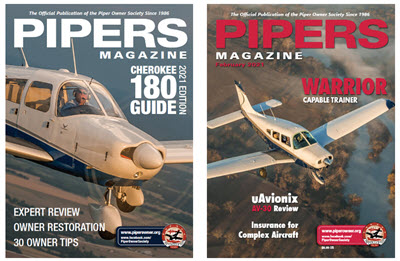 On September 15, the Federal Aviation Administration (FAA) signed agreements with two international regulatory partners, the European Aviation Safety Agency (EASA) and Transport Canada (TCCA) that allow the authorities to rely on each other’s regulatory systems. The agreements will eliminate duplicate processes, get safety enhancing equipment installed on aircraft more quickly, and save time and money for both industry
On September 15, the Federal Aviation Administration (FAA) signed agreements with two international regulatory partners, the European Aviation Safety Agency (EASA) and Transport Canada (TCCA) that allow the authorities to rely on each other’s regulatory systems. The agreements will eliminate duplicate processes, get safety enhancing equipment installed on aircraft more quickly, and save time and money for both industry  and the regulatory authorities involved.
and the regulatory authorities involved.
Strong partnerships are a key to consistent safety standards around the world. Based on more than a decade of FAA cooperation with EASA and over fifteen years with TCCA, the agencies have established confidence in each other’s regulatory systems. Rooted in that confidence, the new safety agreements allow reciprocal acceptance of the majority of Technical Standard Order (TSO)-approved articles. This change benefits U.S., Canadian, and European aerospace industries organizations by eliminating the need for applications, additional validation and administrative review by each party.
The new agreement with EASA also facilitates acceptance of the classification for basic Supplemental Type Certificates (STC’s). An audit process will ensure that technical classifications continue to meet established criteria, and make sure standards are being met.
More information on the new agreements can be found at: http://www.faa.gov/aircraft/air_cert/international/bilateral_agreements/baa_basa_listing/




